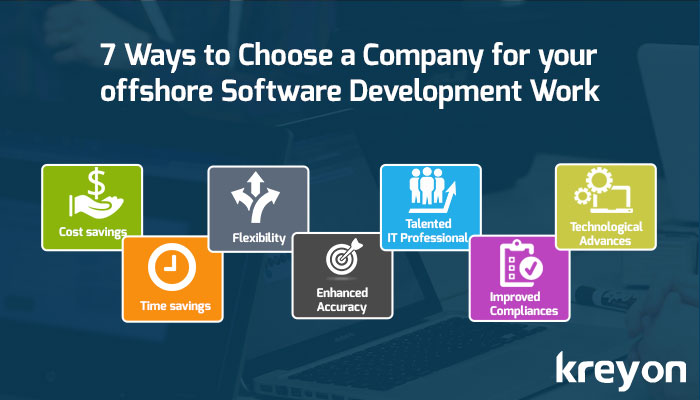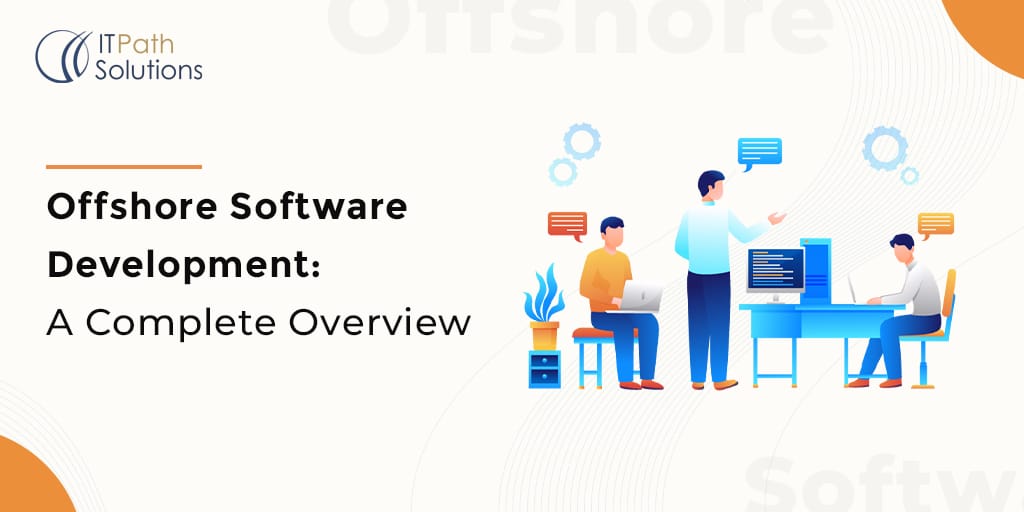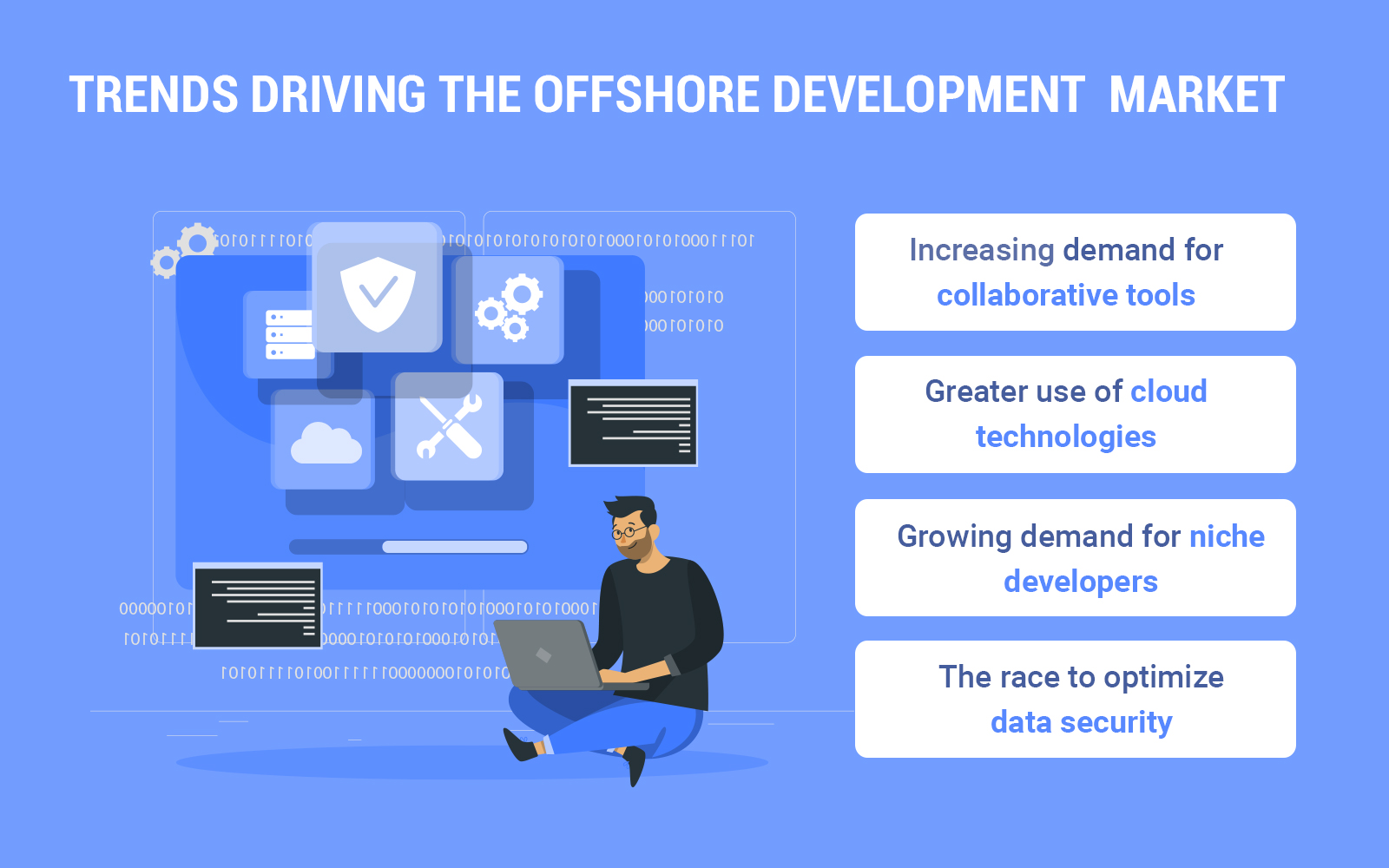Offshore software product development is a strategic approach that companies are increasingly adopting to leverage global talent and resources efficiently. This method allows businesses to tap into diverse skill sets, reduce costs, and accelerate product development. Let’s delve into the intricacies of this transformative process.
In the following paragraphs, we will explore the key aspects of offshore software product development, including benefits, challenges, best practices, and emerging trends in the industry.
Overview of Offshore Software Product Development
Offshore software product development involves hiring a third-party company located in a different country to develop software products. This practice has become increasingly popular due to the numerous benefits it offers.
Benefits of Offshore Development
- Cost-effectiveness: Offshore development can often be more affordable than in-house development due to lower labor costs in some countries.
- Access to a larger talent pool: By engaging in offshore development, companies can tap into a global talent pool and access specialized skills that may not be available locally.
- Time zone advantages: Working with offshore teams in different time zones can lead to round-the-clock development, speeding up project timelines.
- Scalability: Offshore development allows companies to quickly scale their development teams up or down based on project requirements.
Challenges in Offshore Development
- Communication barriers: Differences in language and culture can sometimes lead to misunderstandings and miscommunications between offshore teams and the client.
- Quality control: Ensuring consistent quality standards across offshore teams can be challenging, especially when teams are located far apart.
- Data security concerns: Sharing sensitive information with offshore teams can raise concerns about data security and intellectual property protection.
- Legal and regulatory issues: Navigating different legal frameworks and regulations in offshore locations can add complexity to the development process.
Offshore vs Onshore Development
While offshore development offers several advantages, onshore development also has its benefits. Onshore development provides better control and easier communication due to proximity, but it can be more expensive. Offshore development, on the other hand, offers cost savings and access to a larger talent pool but may present challenges in communication and quality control.
Factors to Consider Before Engaging in Offshore Software Product Development

When considering offshore software product development, companies must take several key factors into account to ensure the success of their projects. These factors include cultural differences, communication strategies, and examples of successful offshore development projects.
Cultural Differences
Cultural differences play a crucial role in offshore software product development. Companies need to understand and respect the cultural norms, values, and communication styles of the offshore development team. By acknowledging and embracing these differences, companies can foster a more collaborative and productive working relationship with their offshore partners.
Communication Strategies
Effective communication is essential for the success of offshore development projects. Companies should establish clear and open lines of communication with their offshore teams to ensure that goals, expectations, and feedback are effectively communicated. Utilizing tools like video conferencing, instant messaging, and project management software can help bridge the gap between onshore and offshore teams.
Examples of Successful Offshore Development Projects, Offshore software product development
There are several examples of successful offshore software product development projects that companies can look to for inspiration. For instance, multinational companies like Microsoft, Google, and IBM have leveraged offshore development to expand their product offerings and reach a global market. By studying these success stories, companies can learn valuable insights and best practices for their own offshore projects.
Best Practices in Offshore Software Product Development

When it comes to managing offshore software product development projects, there are several best practices that can help ensure the success of the collaboration. One key aspect is establishing clear project requirements and expectations for offshore teams, as this sets the foundation for a productive working relationship. Additionally, selecting the right offshore development partner is crucial to the project’s success, as it can greatly impact the quality and timeliness of deliverables. Maintaining transparency and accountability throughout the offshore development process is also essential to ensure that all stakeholders are aligned and informed every step of the way.
Establishing Clear Project Requirements and Expectations
- Define project goals, scope, and deliverables upfront.
- Communicate clearly and regularly with offshore teams to ensure alignment.
- Create detailed documentation to Artikel requirements and expectations.
- Set milestones and deadlines to track progress and ensure timely delivery.
Selecting the Right Offshore Development Partner
- Conduct thorough research and due diligence when choosing a development partner.
- Consider factors such as expertise, experience, and reputation in the industry.
- Look for a partner with a proven track record of successful projects and satisfied clients.
- Evaluate communication skills and cultural fit to ensure smooth collaboration.
Maintaining Transparency and Accountability
- Establish clear channels of communication and reporting for all stakeholders.
- Regularly update project status and progress with both the offshore team and internal team.
- Encourage open and honest feedback to address any issues or concerns promptly.
- Implement project management tools and systems to track performance and ensure accountability.
Emerging Trends in Offshore Software Product Development

In today’s fast-paced technological landscape, offshore software product development is constantly evolving to meet the demands of the industry. Let’s delve into some of the emerging trends shaping this field.
AI Integration and Automation
Artificial Intelligence (AI) integration and automation are revolutionizing offshore software product development. Companies are leveraging AI-powered tools to streamline processes, enhance productivity, and deliver innovative solutions to clients. From automated testing and code generation to predictive analytics and natural language processing, AI is driving efficiency and accelerating development cycles in offshore projects.
Remote Work Culture Impact
The rise of remote work culture has significantly impacted offshore development practices. With distributed teams collaborating across different time zones, communication tools and project management platforms have become essential for seamless coordination. Virtual meetings, online collaboration tools, and remote access to development environments have become standard practices in offshore software product development.
Cybersecurity Challenges and Data Protection Regulations
As cyber threats continue to evolve, offshore development teams are adapting to stringent cybersecurity challenges and data protection regulations. Implementing robust security measures, conducting regular audits, and complying with data privacy laws are crucial aspects of offshore software development projects. Encryption, secure data storage, and access control mechanisms are being prioritized to safeguard sensitive information.
Innovative Approaches in Offshore Software Product Development
Innovative approaches such as Agile methodology, DevOps practices, and Continuous Integration/Continuous Deployment (CI/CD) pipelines are gaining traction in offshore software product development. By fostering collaboration, promoting transparency, and enabling rapid iterations, these methodologies are driving efficiency and delivering high-quality products to clients. Additionally, the adoption of low-code/no-code platforms, containerization technologies, and serverless architectures is enabling offshore teams to build scalable and resilient software solutions.
Last Point: Offshore Software Product Development
In conclusion, offshore software product development presents a wealth of opportunities for companies looking to stay competitive in the ever-evolving tech landscape. By understanding the nuances of working with global teams and embracing innovative strategies, organizations can navigate the complexities of offshore development successfully and drive impactful results.
Q&A
What are the key benefits of offshore software product development?
Offshore software product development offers access to a diverse talent pool, cost savings, faster time-to-market, and round-the-clock development cycles.
How can companies address cultural differences in offshore development?
Companies can bridge cultural gaps through cross-cultural training, fostering open communication, and promoting cultural awareness among team members.
What role does cybersecurity play in offshore software product development?
Cybersecurity is crucial in offshore development to protect sensitive data, comply with regulations, and mitigate risks associated with remote collaboration.
